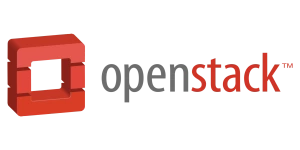Azure Storage
Microsoft Azure Cloud Storage Microsoft’s answer to their cloud competitor Amazon is finally here. Microsoft has a wide range of storage solutions, providing SaaS (software as a service), PaaS (platform as a service ) and IaaS (infrastructure as a service). Azure supports a great variety of programming languages, tools, and frameworks, ranging from Microsoft-specific to Linux, or other third-party software and systems.
In the table below we’ll look at the Hot Access Tier, as this is the most commonly used storage tier for online usage.




